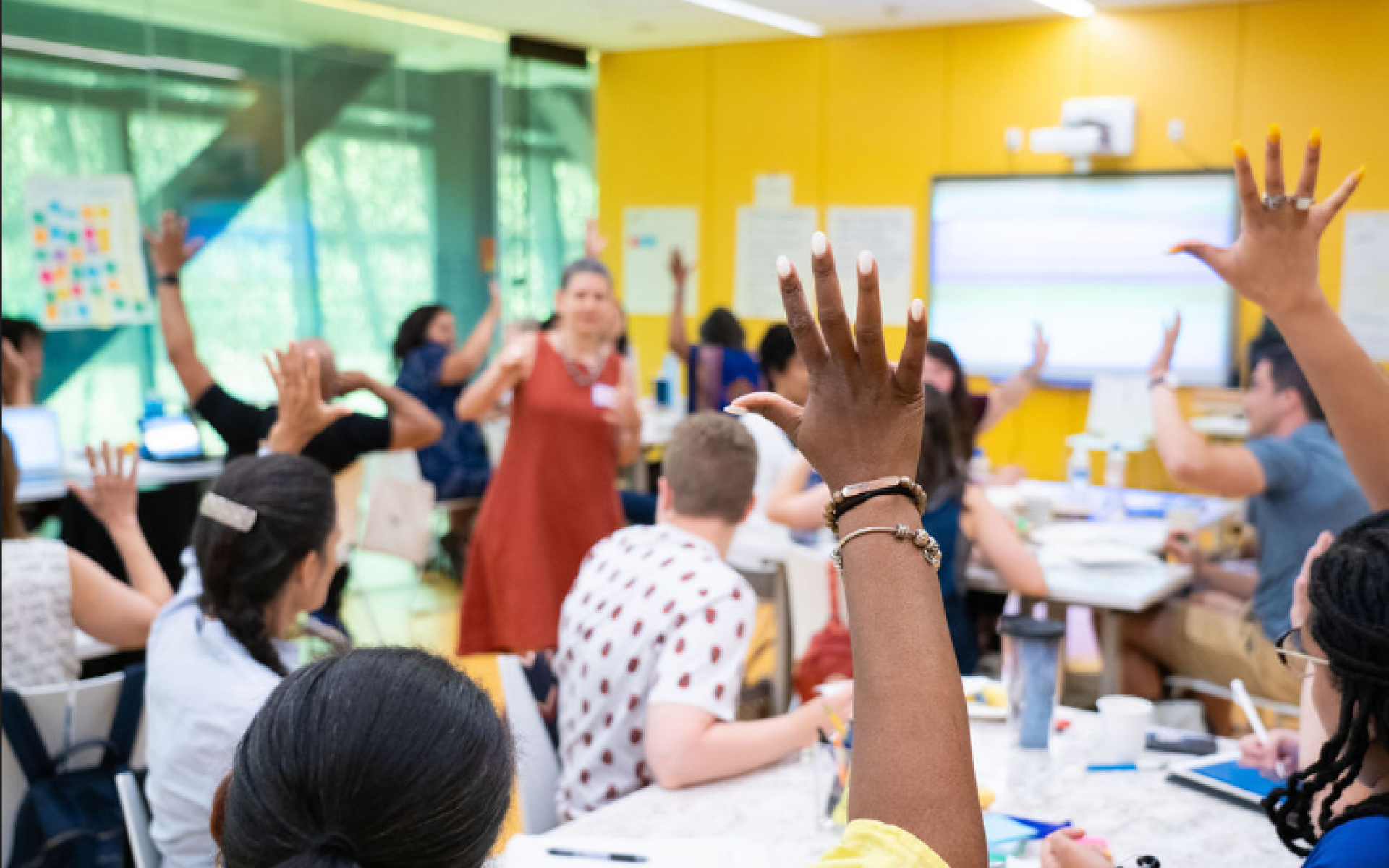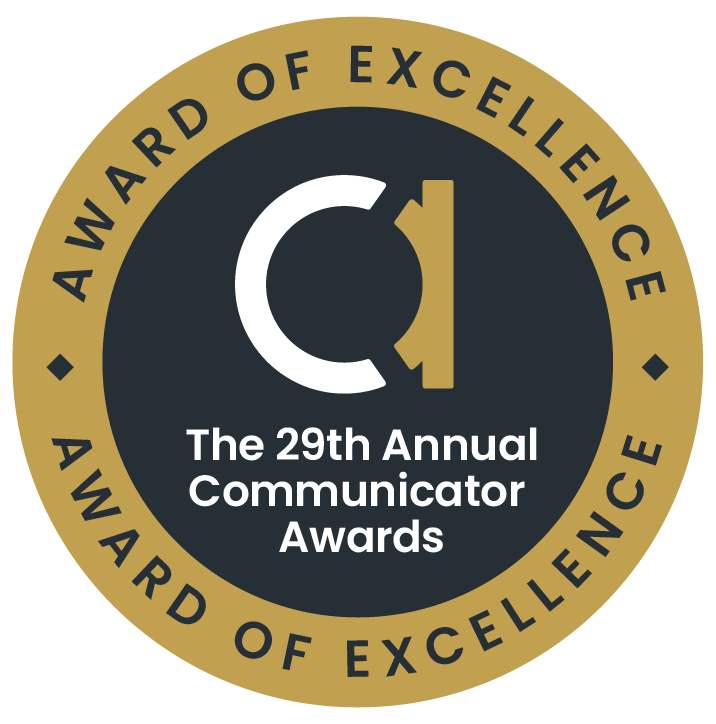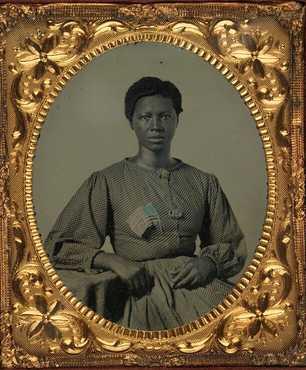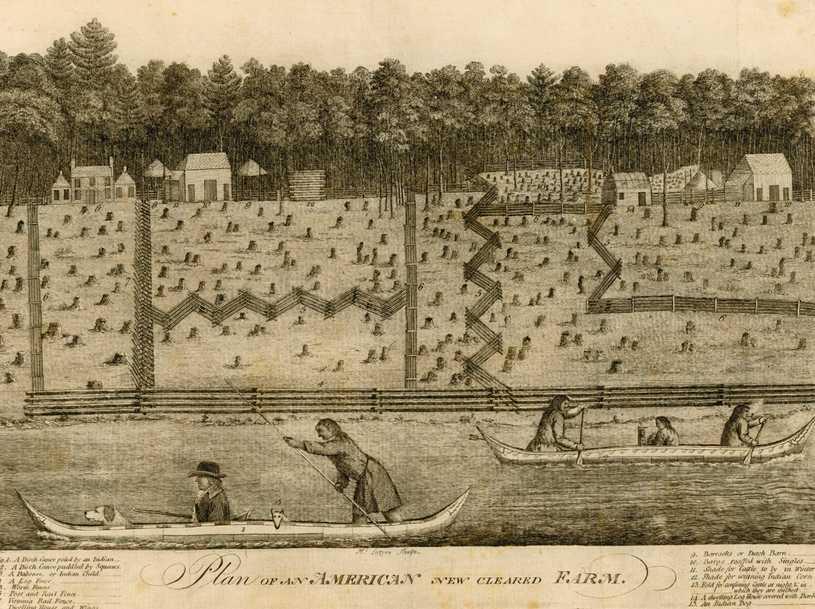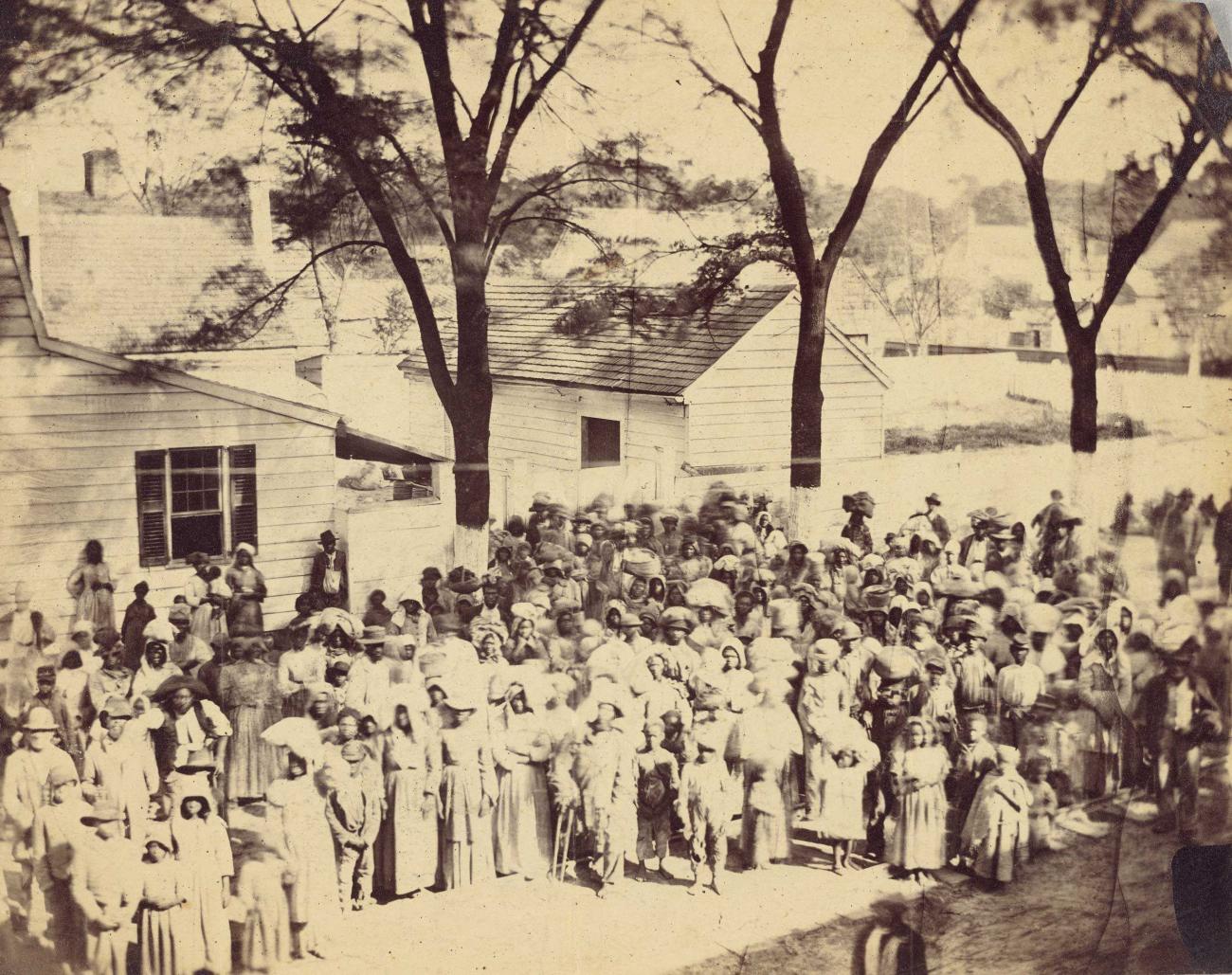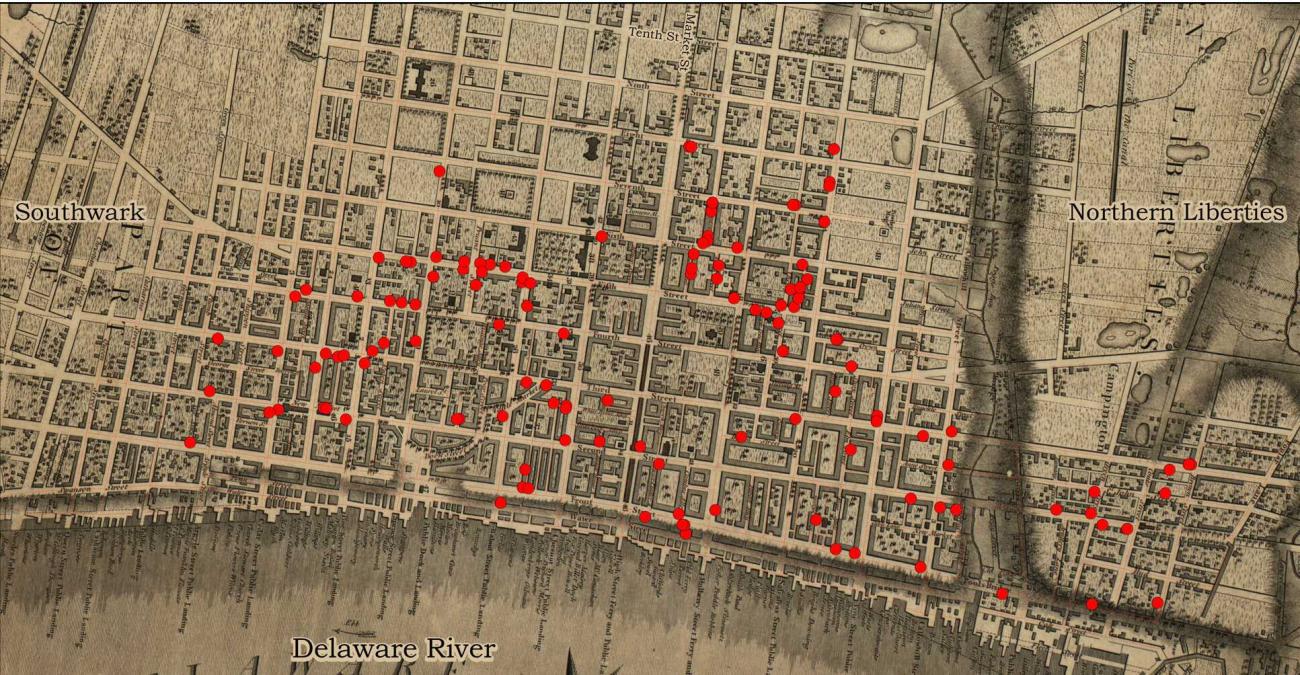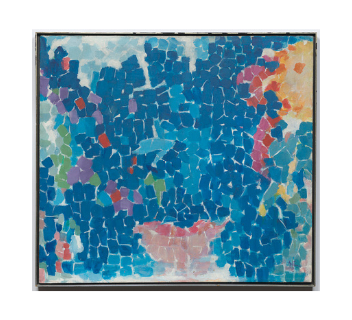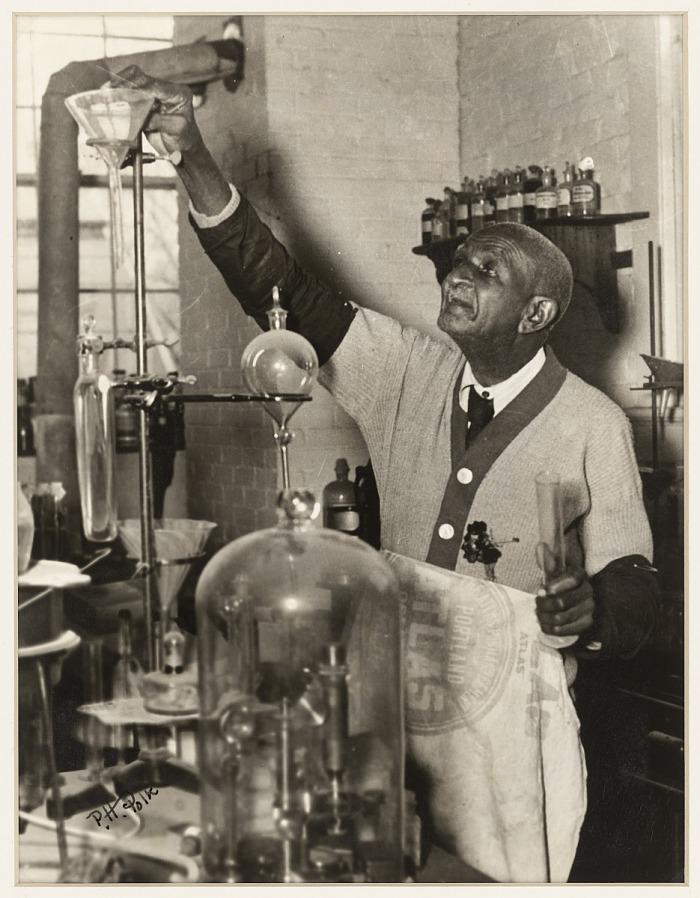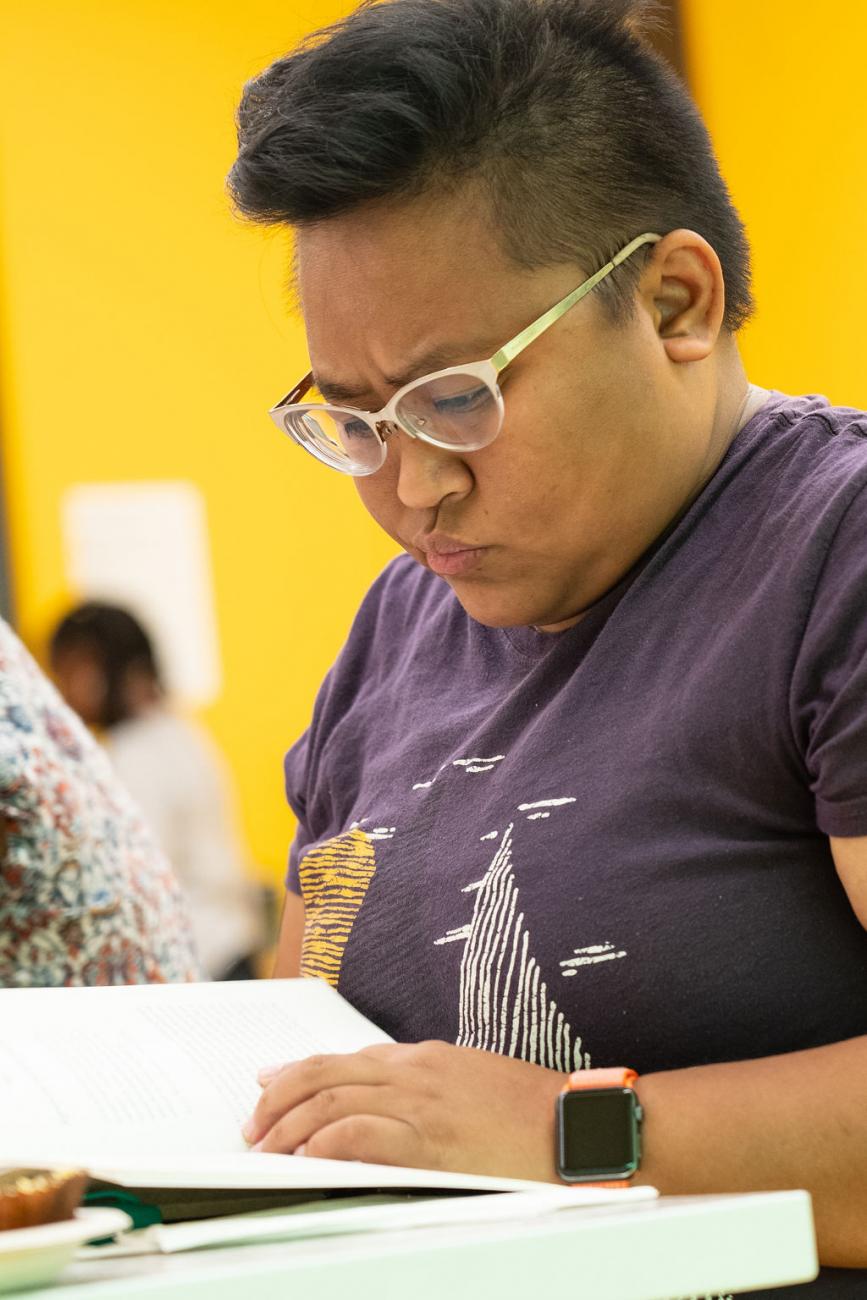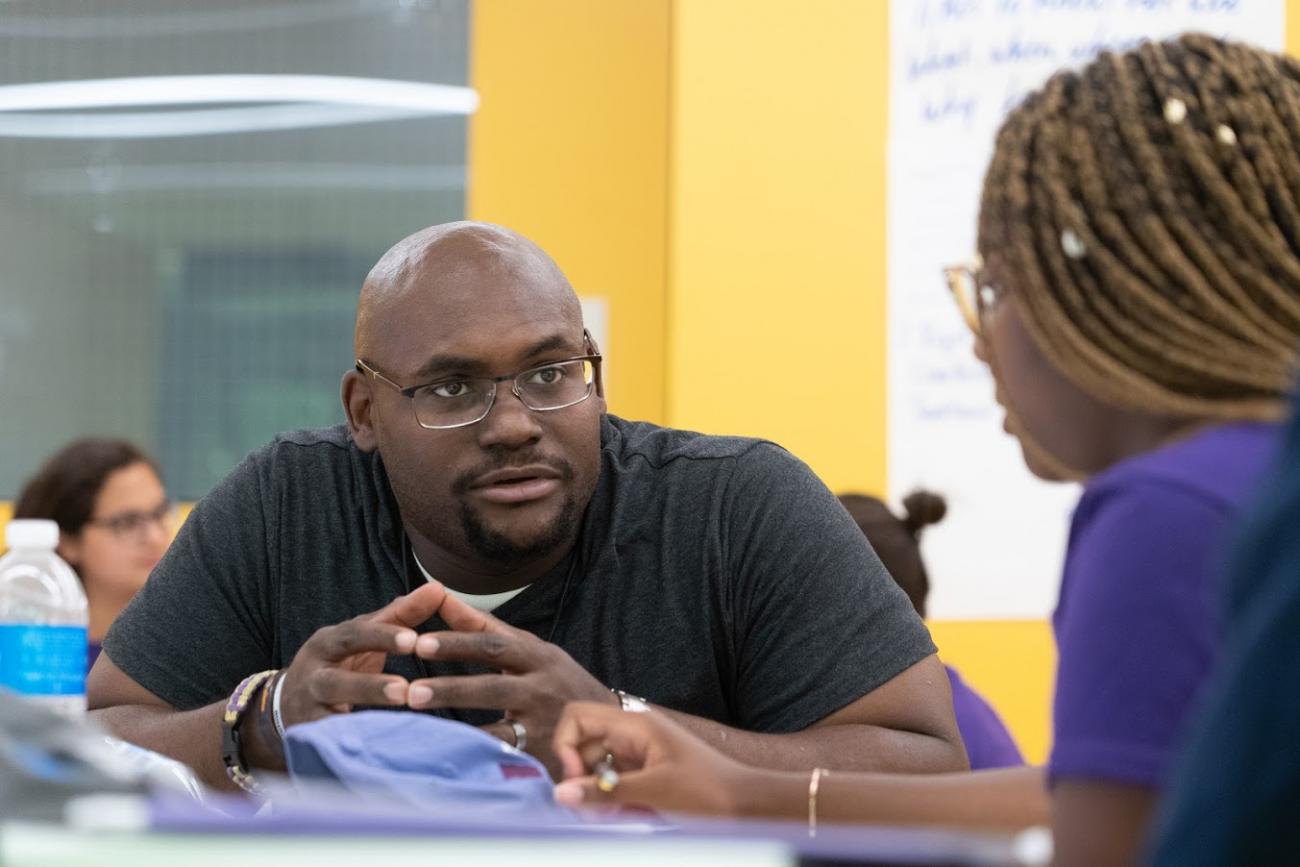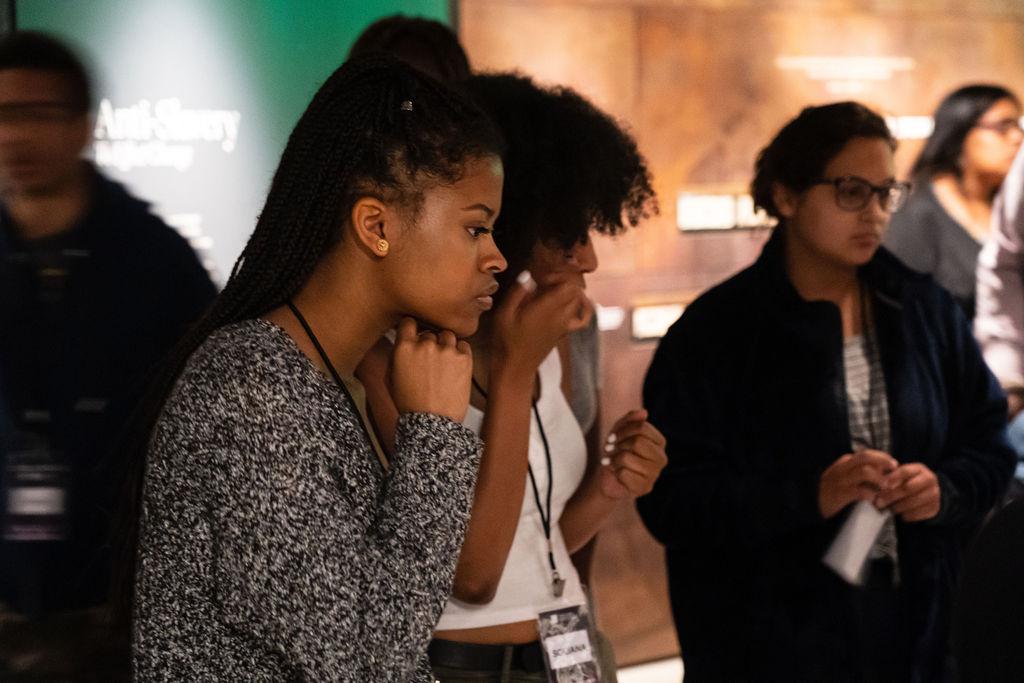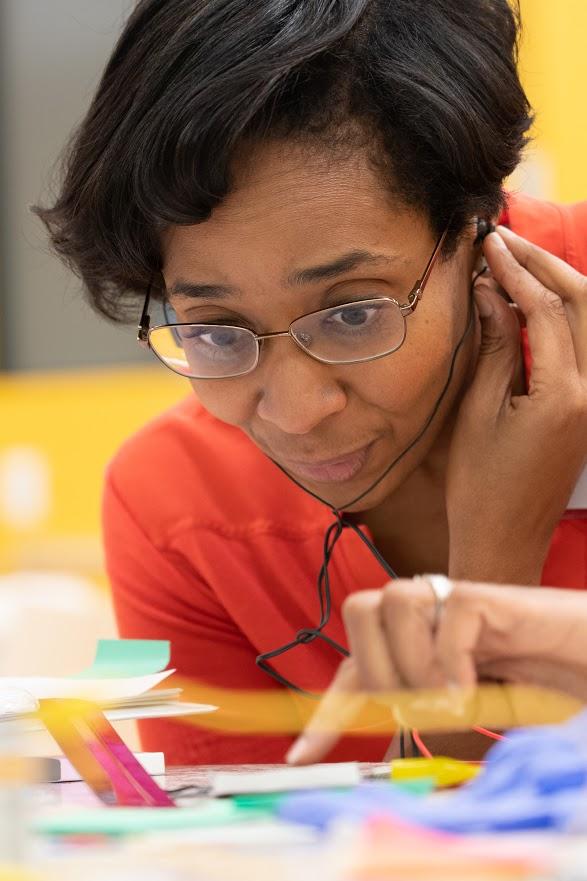The Museum's Teaching and Learning Unit creates programs and resources for students and educators in grades 3-12 designed to strengthen pedagogy skills, cultivate cultural literacy knowledge, and encourage multiple perspective taking while building change agents in today’s world. The Early Childhood Education Initiative (ECEI) provides resources and support to parents, caregivers, and educators of early learners. ECEI programs and initiatives seek to empower, enrich, and educate young children from birth to 8 years old.
Interpreting the African American Story
Our programs and resources explore stories of achievement, perseverance, and ingenuity across multiple disciplines with an emphasis on history, the visual arts, and the fields of STEM.
History
Studying history can empower people to better understand themselves, their communities, and the world. Our programming provides educators opportunities to learn diverse narratives of history, practice perspective-taking, and hone other historical thinking skills. Educators utilize the museum's vast collection of historical artifacts to model object-based learning strategies in the classroom. Through our continued learning initiatives, we hope to inspire educators to explore, question, and create history as they become change agents in their own worlds.
Visual Arts Integration
Did you know that NMAAHC has a visual arts collection? At the National Museum of African American History and Culture, we believe that art engages in a conversation with history while acting as a visual expression of contemporary thoughts and ideas. Through close reading of art works and contextual analysis, our arts programs seek to explore the links between history and art while celebrating the contribution of African Americans to the American art canon.
Science, Technology, Engineering, and Math (STEM)
African Americans have contributed to enterprises in STEM since the nation’s beginning, yet their names and contributions have been routinely overlooked. NMAAHC’s STEM Education initiative counters this by sharing the forgotten and unknown stories of African Americans and their contributions to the STEM fields. Our research-based and culturally-responsive programs incorporate best practices in STEM pedagogy and classroom strategies. STEM at NMAAHC strives to encourage knowledge of STEM principles, enhance STEM literacy, and empower K-12 educators to share stories of African American STEM professionals in their classrooms.
Education is our passport to the future for tomorrow belongs to the people who prepare for it today. Activist
